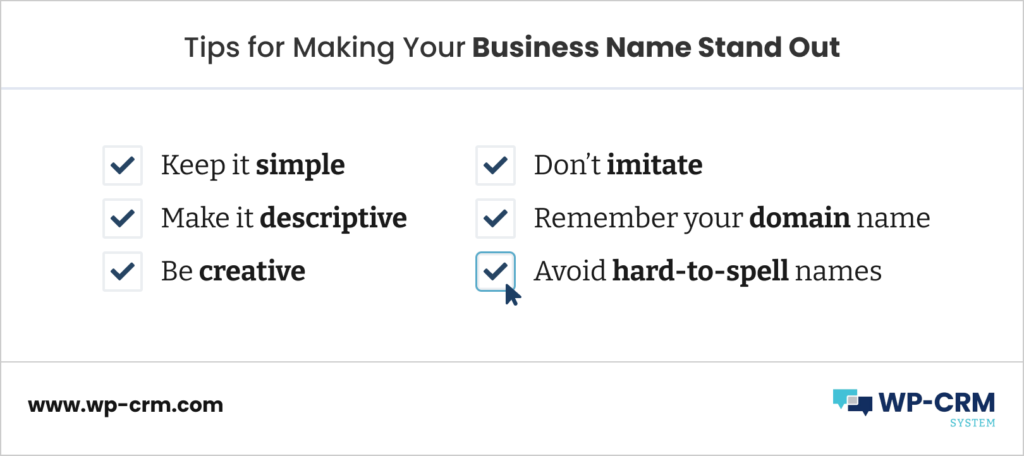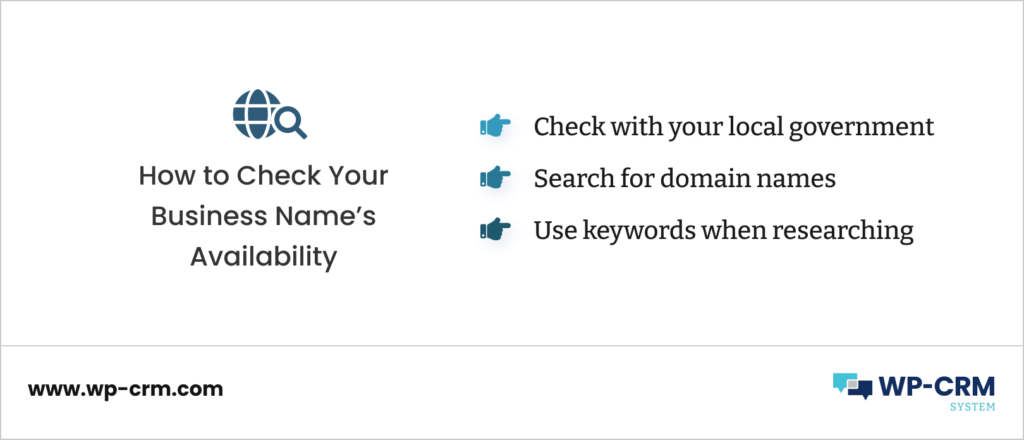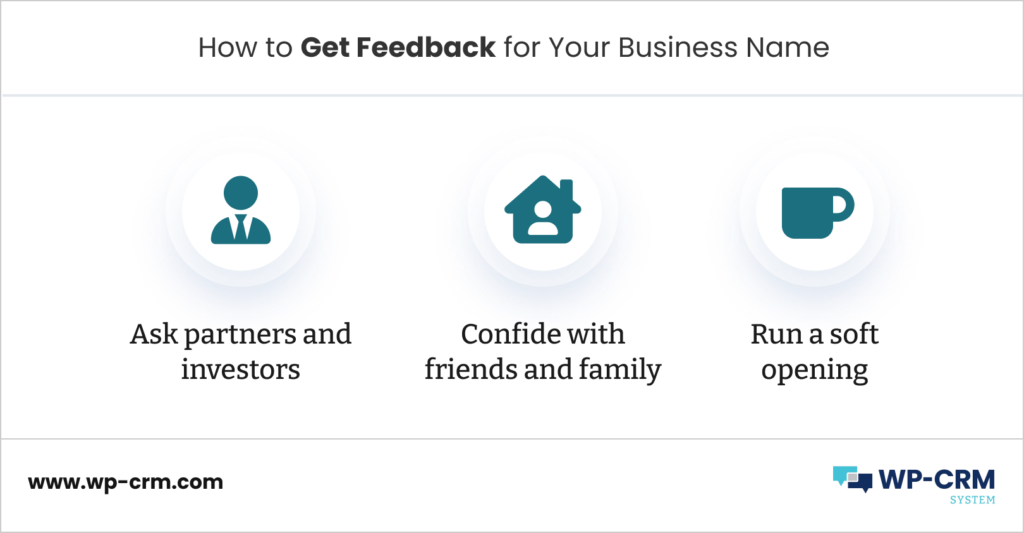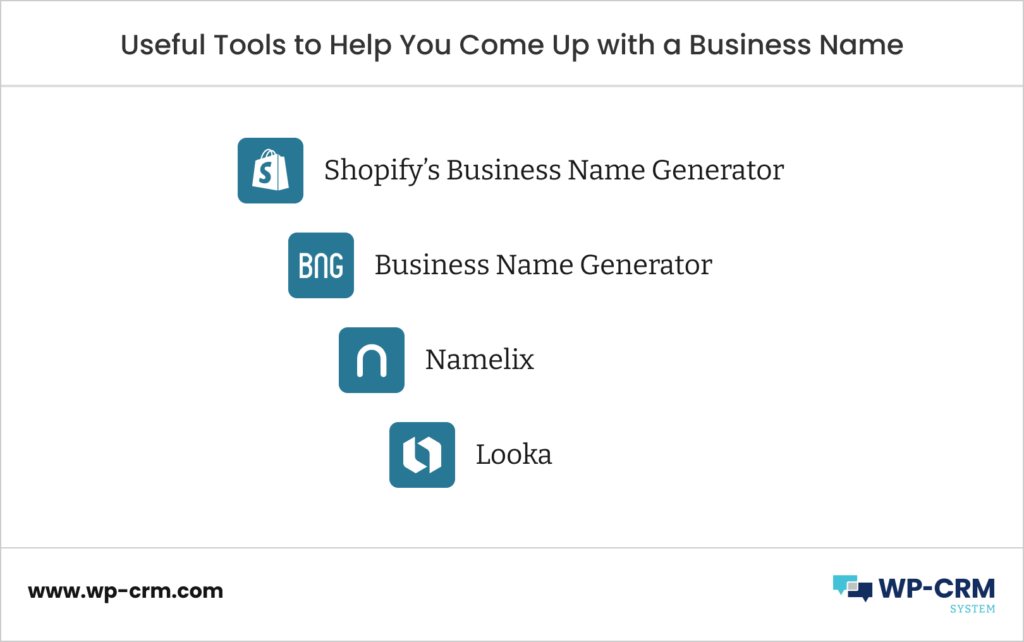How to Choose a Name for Your eCommerce Startup
Starting your own eCommerce business is exciting, but trying to name it can be a confusing process. You’re either choosing from a wide range of names, or you can’t come up with anything at all. Either way, naming an eCommerce startup is not as simple as it seems. You’d have to consult with your partners (if applicable) to ensure that you are all on the same page.
Business owners need to choose a company name that will resonate with their audience. It has to be memorable enough and easy to remember so customers can easily identify the brand. It’s also not a good idea to change your business name often, as this can confuse your buyers. Instead, think of a label that you will stick to until your business is running.
Listed below are a couple of ways to choose the right business name for your eCommerce startup.
Be Unique
How will your eCommerce startup stand out if the name sounds like every other brand name out there? Naming your new company should be a part of your eCommerce startup business plan, and here are a few tips to stand out:
- Keep it as simple as possible. Do not make the name too long, as your audience might have a difficult time remembering it.
- Make it descriptive but avoid being too vague or general.
- Don’t hesitate to be creative and think outside the box.
- Avoid sounding like your competitors, as this can be confusing to your customers.
- Choose a business name that you can also use as your domain name.
- Don’t use hard-to-spell names.

Choose a Scalable Name
If you have plans of expanding your business in the future, then you’d want to choose a name for your eCommerce startup that’s easy to scale. You shouldn’t limit your name to a specific location or product. For example, if you own a shoe store, it’s best to avoid names such as “John’s Shoe Shack” or “Tina’s Shoe Closet”, as it would be difficult for you to add other products in the future.
As we mentioned earlier, it’s not wise to change your eCommerce startup’s name after establishing it, so think carefully when choosing.
Do Ample Research
Do your research and lookup social media profiles of similar business owners. Just like using CRM software to know your audience better, you should also do research on your competitors. You’d want to be consistent across all channels, and using the same name will help people recognize you better. You can start by doing a simple Google search and see if the name/s that you are eyeing is already taken. If it is, you can either change it up a bit or revise it completely.
Here are other options that you have when researching business names:
- Check with your local government. Registered businesses should have their names trademarked by the DTI or the Secretary of State, and claiming the same name can get you in trouble.
- Lookup domain names. You can also do this by doing a simple search on the internet. Start by entering your eCommerce startup’s niche and go through the results.
- Use different keywords when searching for names and locations on the internet. For example, you can start by typing “product name + city” to see similar businesses.

Ask for Feedback
Make a list of about eight to ten names and ask your close circle to choose from it. You can also get the pulse of the masses by running a poll on social media. Doing this is also a good way to excite your target market about what you are about to put out. Doing this step should be a part of your eCommerce startup checklist.
Here are other ways to get feedback for your chosen business name/s:
- Ask your partners and investors and be open to suggestions. If you own a business with several other people, then getting their suggestions is necessary.
- After you’ve rounded up the results and you’ve chosen about two to three names, it’s time to confide with your closest friends and family about which one they will choose. This will make the screening process a lot easier for you.
- Run a soft opening with the name that you have chosen. You still have the chance to change the name later on, as your business is not that established or recognized by your audience yet. Additionally, using CRM software to communicate with your audience during the soft opening will help you determine their reactions and preferences.

Evoke Emotions
Gone are the days wherein brand names are derived from the owner’s name. While some businesses still do this, it is not wise to do this in the competitive eCommerce industry. Focus on differentiating your eCommerce startup by coming up with names that evoke some type of emotion from your audience. It should match their principles, and just hearing the name should make them want to check your website out.
You can then follow this up with a simple yet catchy tagline to accompany the name. It should highlight the solution that the business can provide in just a few words. For example, if you offer vegan and non-cruelty makeup, this should be in your name and tagline. Be straight to the point and mention these keywords right away.
Consider Using Tools
You can use online resources if you can’t think of a good name for your eCommerce startup. These tools include the following:
- Shopify’s Business Name Generator. This tool allows business owners to generate names based on keywords. Additionally, it also checks the domain availability.
- Business Name Generator. This is a free tool that you can use, and similar to Shopify, you can simply enter product names or keywords, and it will help you generate a name for your business.
- Namelix. The website allows entrepreneurs to get name ideas, filter results, and save their choices for future references.
- Looka. Looka helps eCommerce startup owners generate names and brainstorm ideas. Simply input a keyword or industry, and it will give you a list of names that you can choose from.

Wrapping Up
Branding is a very important step towards your eCommerce startup’s success. This should be taken seriously, and brainstorming names and eCommerce startup ideas with your staff and partners is a must. It is the first step towards reaching your target audience, so make sure to spend a couple of days thinking about and researching a new name. Create a comprehensive eCommerce startup guide that includes naming the business so you can smoothly course through the process.
